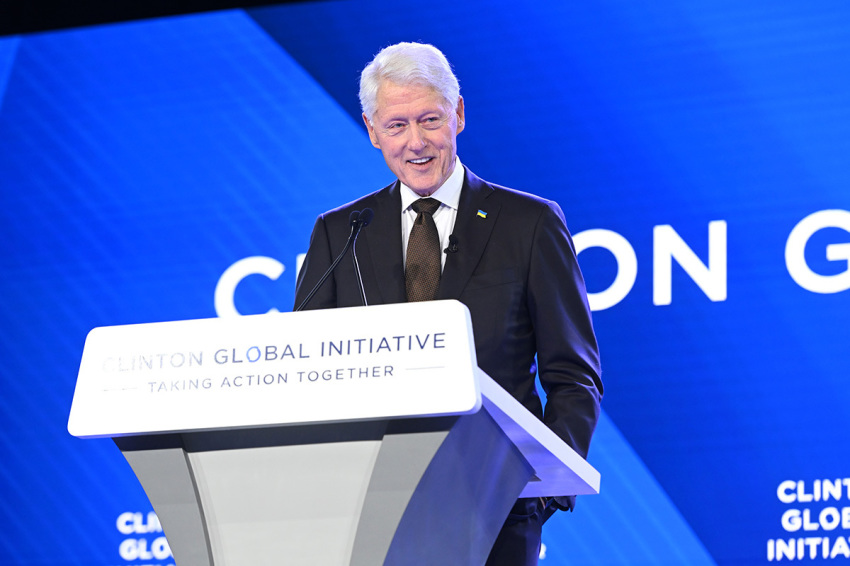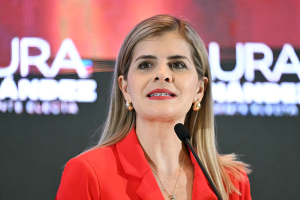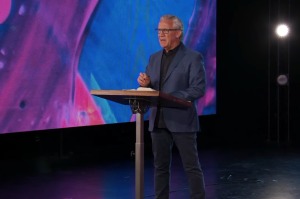5 of the most powerful political figures named in the Epstein files: list

1. Bill Clinton
One Epstein accuser claimed she heard Epstein say the 42nd President of the United States “likes them young,” according to court documents unsealed this week.
Former President Bill Clinton’s name was unsealed as “John Doe 36” in the nearly 1,000 pages of court filings, witness testimony and other documents related to Epstein.
In testimony from one of Epstein’s alleged victims, Johanna Sjorberg, taken on May 18, 2016, in Fort Lauderdale, Sjorberg testified Epstein told her “Clinton likes them young, referring to girls.”
Another document references a 2011 interview with Epstein accuser Virginia Giuffre, who testified about Clinton’s “close personal relationship” with Epstein and sex trafficker Ghislane Maxwell, who was convicted in 2021 of conspiring with Epstein and sentenced to 20 years in prison.
According to the documents, Giuffre claims to have “spent time with President Clinton on the island of Little St. James, U.S. Virgin Islands and that she flew there with the president in a helicopter piloted by Ms. Maxwell.”
Giuffre’s testimony, however, did not allege any wrongdoing or illegal activity by Clinton.
Clinton has previously told reporters he severed his relationship with Epstein in 2005 following allegations Epstein used underage girls for massages at his home.
Upon Epstein’s arrest in 2019, the Clinton Foundation issued a statement clarifying that the former president had not spoken to Epstein “in well over a decade,” that Clinton “knows anything” about any illicit activities, and that he “has never been to Little St. James Island, Epstein’s ranch in New Mexico, or his residence in Florida.”
In documents released Thursday night it was alleged that Clinton pressured Vanity Fair not to report about Epstein.
Giuffre reportedly wrote that Clinton had “walked into VF (Vanity Fair) and threatened them not to write sex trafficking articles about his good friend JE (Jeffrey Epstein),” The Telegraph reported, adding that the publication's former editor, Graydon Carter, said: “This categorically did not happen.”



























